“Party Rock Anthem,” the worldwide smash from electronic duo LMFAO’s sophomore album Sorry for Party Rocking, doesn’t make grand statements about American politics. It doesn’t show concern for people sleeping on the streets. It doesn’t consider our warming climate, or worry about daily commutes or paying bills. It offers neither commentary on the pains and joys of romance, nor profound statements about sex or death.
But it will make you dance.
Scratch that: “Party Rock Anthem” makes you celebrate. It compels young women in neon bodycon dresses and young men in muscle tanks to rush the dancefloor and jump erratically, arms and legs flailing in pure joy. It’s an invitation to what French sociologist Émile Durkheim called “collective effervescence” — a release of primordial energy and exuberant human connection. It’s for people who let loose, who give themselves completely to the music and allow it to cascade over their bodies, helpless to do anything but gyrate, bounce and shake along. You either succumb to “Party Rock Anthem” or you don’t; it’s that simple.

Uncle-and-nephew duo RedFoo (Stefan Kendal Gordy) and SkyBlu (Skylar Austen Gordy) — respectively the son and grandson of Motown Records founder Berry Gordy Jr. — formed LMFAO while attending their family Christmas party. Both were aspiring DJs in the Los Angeles club scene: they wanted to have fun, and they wanted to make others have fun, too. RedFoo and SkyBlu initially called the group Sexy Dudes, but when they shared the name with SkyBlu’s grandmother (Berry Gordy’s first wife Thelma Coleman, whom he married in 1953) via then-popular chat service AOL Messenger, she replied “LMFAO” — i.e., “Laughing My Freaking Ass Off.” The acronym stuck.
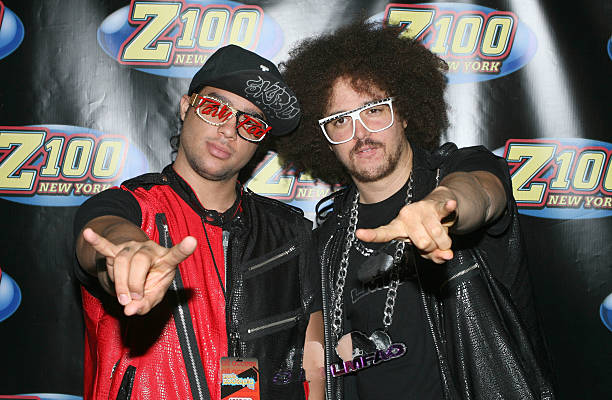
In much the same way Berry Gordy’s Motown Sound made Black music accessible to white America, LMFAO set out to popularize EDM (electronic dance music) — a sound established on the club circuit but largely ignored by mainstream audiences — by making it for everyone. At the time, white artists dominated the EDM scene, and Black artists who incorporated EDM into their music, like Usher and Lil Jon, struggled to achieve commercial success while maintaining the support of their core fanbase. LMFAO made EDM more relatable — more human — by dispensing with the genre’s reliance on inscrutable Auto-Tune vocals and repetitive rhythms in favor of clear, irresistible melodies, widescreen synthesizers and rap-inspired lyrics that were actually intelligible (if not necessarily intelligent). No less important, their club-kid authenticity — their commitment to excess — was unimpeachable: RedFoo and SkyBlu partied so hard, they got kicked out by their parents, and outraged landlords broke almost every lease they ever signed.
After Black Eyed Peas’ will.i.am, RedFoo’s childhood friend, introduced LMFAO to Interscope Records head Jimmy Iovine, the duo signed to Interscope’s Cherrytree imprint to release their debut album Party Rock in 2008. The single “Shots” rose to No. 2 on Billboard’s Heatseekers chart, and in 2010, French DJ and producer David Guetta featured LMFAO on his hit “Getting Over You,” cementing their presence in the EDM scene and setting the stage for Sorry for Party Rocking.
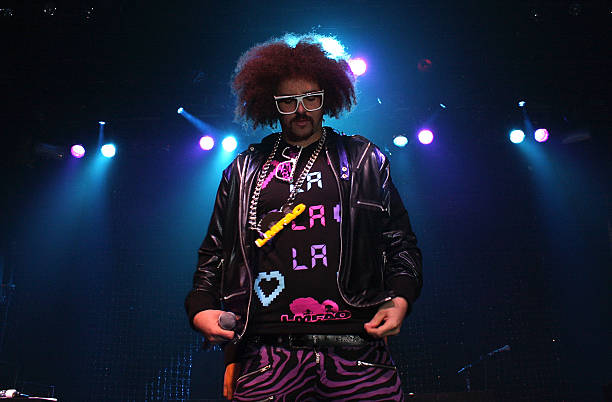
Co-produced by GoonRock (born David Jamahl Listenbee, another longtime RedFoo/wiil.i.am foil) and featuring British pop singer Lauren Bennet, “Party Rock Anthem” topped the Billboard charts for six straight weeks in the summer of 2011, and for good reason: it induces a trance. Imagine yourself in the song’s clutches: the strobe lights swirling, the DJ bopping, the crowd clapping, shuffling, shaking and dropping — in short, everyone losing their minds, exactly as the lyrics instruct. This is not the time to be cool, to hold the wall and do a simple two-step while nursing an old fashioned. This is the time for abandon.
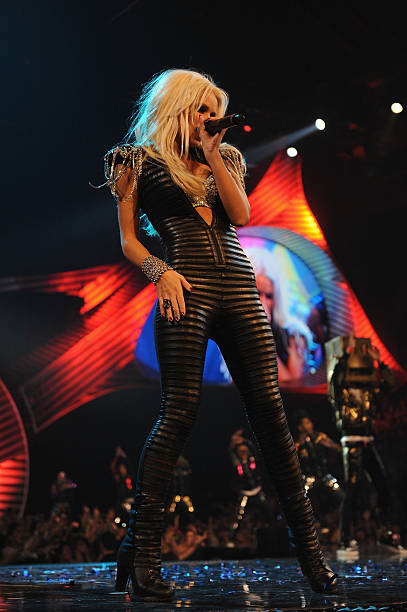
Even the process of writing about “Party Rock Anthem” is antithetical to its goals. It’s not supposed to be intellectualized or analyzed: you’re there to move, not substitute erudite descriptions in place of movement. Listen to the bursts of synthesized strings that open “Party Rock Anthem” and try to remain still… it’s all but impossible. Hands are raised. Fists are pumped. Rational thoughts cease. Dancing is compulsory.
“Party Rock Anthem” is so addictive, so all-consuming, that in its accompanying music video (inspired by the post-apocalyptic horror hit 28 Days Later), the song is portrayed as a literal virus sweeping the population. RedFoo and SkyBlu wake up from a party-induced coma to discover the city streets deserted, except for the low beat of a lone speaker playing “Party Rock Anthem.” The citizens are in hiding… because they could not stop shuffling. RedFoo and SkyBlu attempt to flee, but when their music enters their ears, they cannot help but shuffle with the masses, too.
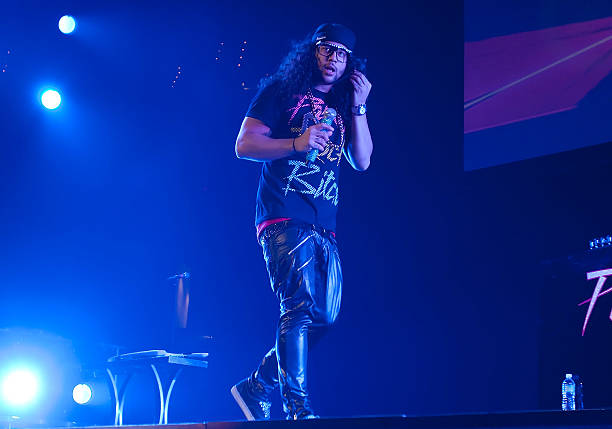
“Party Rock Anthem” topped charts across the globe — North America, South America, Europe — and as of this writing ranks as Billboard‘s sixth most successful song of all time. It’s also the best-selling single of all time in Australia, and its music video exceeds 2 billion views worldwide.“‘Party Rock Anthem’ has performed so well because, at its essence, it’s extremely well-written,” Cherrytree founder Martin Kierszenbaum told Billboard in 2019. “Woven into its melody, lyric and chord changes are a buoyant joy which will always resonate with human ears and transcend time.”
Predictably, not everyone in the critical establishment appreciated LMFAO’s reverie. The Guardian gave Sorry for Party Rocking one star, saying “It seems unlikely anyone who buys an album by the authors of ‘We Came Here to Party,’ ‘Put That A$$ to Work’ and ‘I’m in Miami, Bitch’ is doing so in the hope of finding earnest self-examination,” and NME called it “soul destroying.” (Party poopers!)

And then it was all over. LMFAO tried to keep the party going: their follow-up single “Sexy and I Know It” nearly matched the success of “Party Rock Anthem,” even reaching number one on Billboard. But RedFoo and SkyBlu’s relationship suffered when the latter slipped a disc during their 2012 Super Bowl halftime show performance, and was unable to complete the Sorry For Party Rocking tour. LMFAO split at the end of 2012; both RedFoo and SkyBlu pursued careers as solo artists, but without the two of them making music together, audiences were indifferent. After all, it just wasn’t a party anymore.
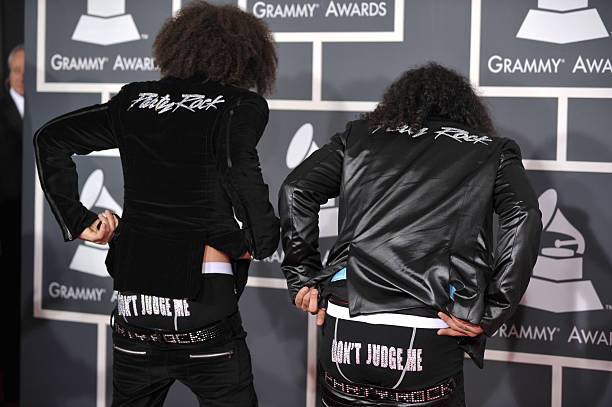
Party Rock Anthem (KORD-0035)






